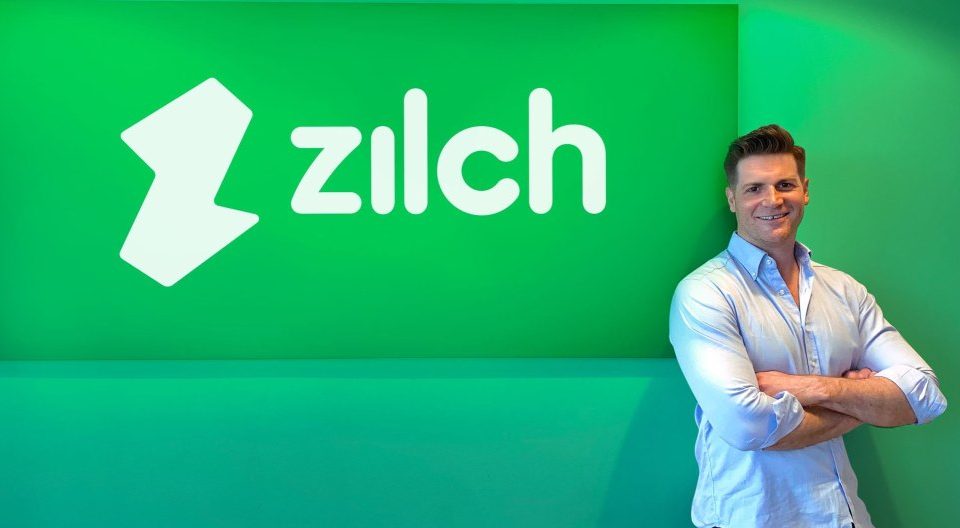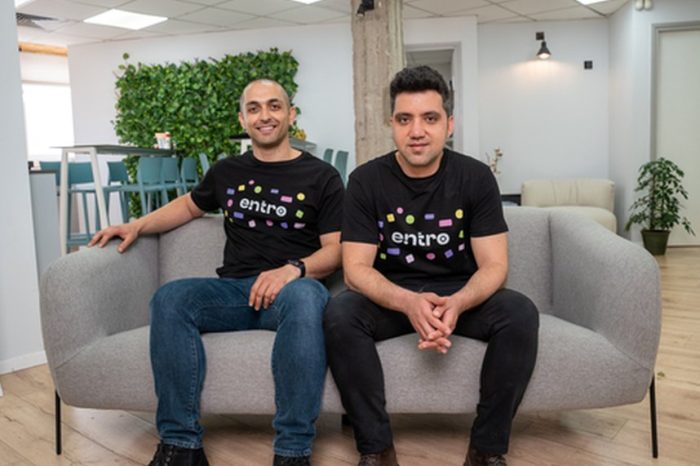London-based fintech startup Zilch raises $125M in debt financing ahead of potential IPO

Zilch, a London-based buy-now-pay-later (BNPL) startup, has secured £100 million ($125 million) in securitized debt financing from Deutsche Bank ahead of the highly anticipated public listing.
Valued at $2 billion (£1.65 billion) as of last October, Zilch plans to use the fresh capital to develop new products and triple its sales over the next couple of years, moving closer to an initial public offering (IPO). The fintech startup offers a unique payment solution, allowing customers to purchase items and repay the debt in interest-free monthly installments. The recent debt financing was structured as a securitization, allowing multiple loans to be packaged together.
Initially, Zilch sourced credit for its installment plans and other loans from Goldman Sachs’s private credit arm. However, the deal with Deutsche Bank offers more flexible terms and allows Zilch to access up to $315 million in total credit from various banks, CNBC reported.
Philip Belamant, Zilch’s CEO and co-founder, explained that while the terms with Goldman Sachs were advantageous for a young, fast-growing startup, they eventually became too restrictive. As Zilch matured, it required a more flexible credit arrangement to meet its accelerated capital needs.
As one of the UK’s largest BNPL providers, Zilch competes with major players like Klarna and Clearpay. Unlike many BNPL firms that offer a “checkout button” at select retailers, Zilch provides a card that enables consumers to pay via debit or credit, which can be paid off in four interest-free installments over six weeks.
“With this new securitization, we’re poised to triple sales volumes and achieve significant capital efficiencies as we continue to drive billions in commerce to our retail network and, in turn, hundreds of millions in savings and subsidies to our customer base,” said Belamant on Thursday.
Zilch now boasts over 4 million customers and processes more than 10 million monthly payments. Belamant recently told City A.M. that Zilch expects to achieve bottom-line profitability soon. The company is also planning a stock market listing within the next year but has not yet decided on a location. A London listing would provide a significant boost to the capital’s struggling bourse, which has faced challenges in attracting major tech listings in recent years.
The BNPL model has gained significant traction as consumers seek alternative financing methods. BNPL allows customers to receive their purchases immediately and pay for them in installments. This model has integrated seamlessly into e-commerce, enhancing the customer journey.
While BNPL currently represents a small portion of overall credit card spending, the pandemic-driven e-commerce boom has positioned it as a potential disruptor to the $8 trillion US payment card industry. Funding for BNPL has surged from $170 million in 2016 to over $4 billion in 2021, with over 170 fintech startups now competing in the space. Major players like Klarna, Afterpay, and Affirm currently dominate the market.
Unlike its BNPL rivals that offer checkout options on select retailers’ websites, Zilch enables users to pay anywhere that accepts Mastercard. Belamant highlighted this strategic choice, emphasizing that other BNPL companies “look exactly the same” and are merely “copycats.” He added, “Our view was, you can’t come late to the party and just do something exactly the same way.”
Founded in 2018, Zilch’s platform allows users to track all their purchases in one place, whether online or in-store, providing a transparent view of their finances and repayment timelines. This approach differentiates Zilch in the crowded BNPL market and positions it for continued growth.
Three years ago, we reported on Zilch’s $110 million funding round, which pushed the company’s valuation to $2 billion—quadruple its previous valuation of $500 million just eight months prior. This significant round was led by Ventura Capital, a venture capital firm with a track record of backing giants like Alibaba and Spotify, along with Gauss Ventures, an investor in the London-based fintech firm Curve.




